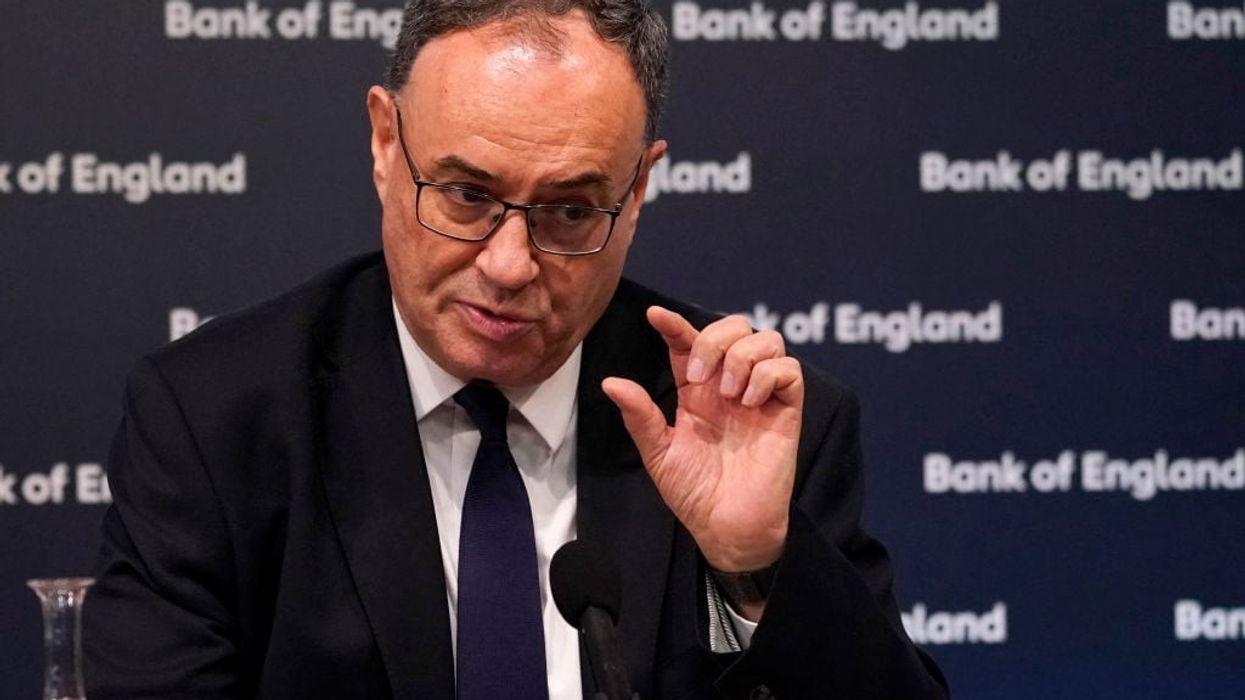BRITISH pay grew at its slowest pace in more than two years in the three months to August and vacancies fell again, according to official data that will likely be welcomed by the Bank of England as it considers when to cut interest rates again.
Average weekly earnings, excluding bonuses, were 4.9 per cent higher than a year earlier in the three months to the end of August, the Office for National Statistics said, in line with the median forecasts of economists polled by Reuters.
Sterling was little changed after the data and markets continued to show around an 80 per cent chance of a quarter-point UK interest rate cut on Nov. 7.
Britain's central bank cut borrowing costs in August but kept them on hold at its September meeting, saying it wanted to see further signs that inflation pressures were abating.
Data due on Wednesday (16) is expected to show Britain's consumer prices index fell to 1.9 per cent in September, below the central bank's 2 per cent target, although core inflation is likely to be stronger, according to the economists polled by Reuters.
"For now, another interest rate cut in November looks nailed on, and we will see how the budget changes the outlook for the path of rates from there," Luke Bartholomew, deputy chief economist at asset manager abrdn, said.
The first tax and spending announcement of the new government is scheduled for Oct. 30.
Chancellor Rachel Reeves on Monday (14) declined to rule out the possibility of an increase in social security contributions paid by employers, prompting the opposition Tories to say she was planning a "jobs tax".
Recent data releases have shown a cooling of pay pressures that built during and after the coronavirus pandemic when employers were forced to jack up wages to recruit and retain staff.
Excluding bonuses, private sector pay growth - closely watched by the central bank - slowed to 4.8 per cent in the three months to August, leaving it on track to meet the BoE's forecast of an increase of 4.8 per cent for the third quarter as a whole.
Adding to signs of a cooling labour market, the estimated number of vacancies in the UK fell by 34,000 in the three months to September to 841,000, similar to pre-pandemic levels.
The figures also showed a fall in the unemployment rate to 4 per cent during the three months to August, the lowest reading this year, and the biggest surge in employment on record.
However, the statistics agency stepped up its health warning over the Labour Force Survey which is used to measure the jobless rate and employment. The survey is being overhauled because of falling response rates.
The statistics office said the survey likely overstated employment growth and the fall in unemployment.
"It's clear that this data offers little insight into what's currently happening in the labour market. We think the most likely story is that labour market conditions are continuing to gradually loosen," said Andrew Goodwin, chief UK economist at consultancy Oxford Economics.
(Reuters)





